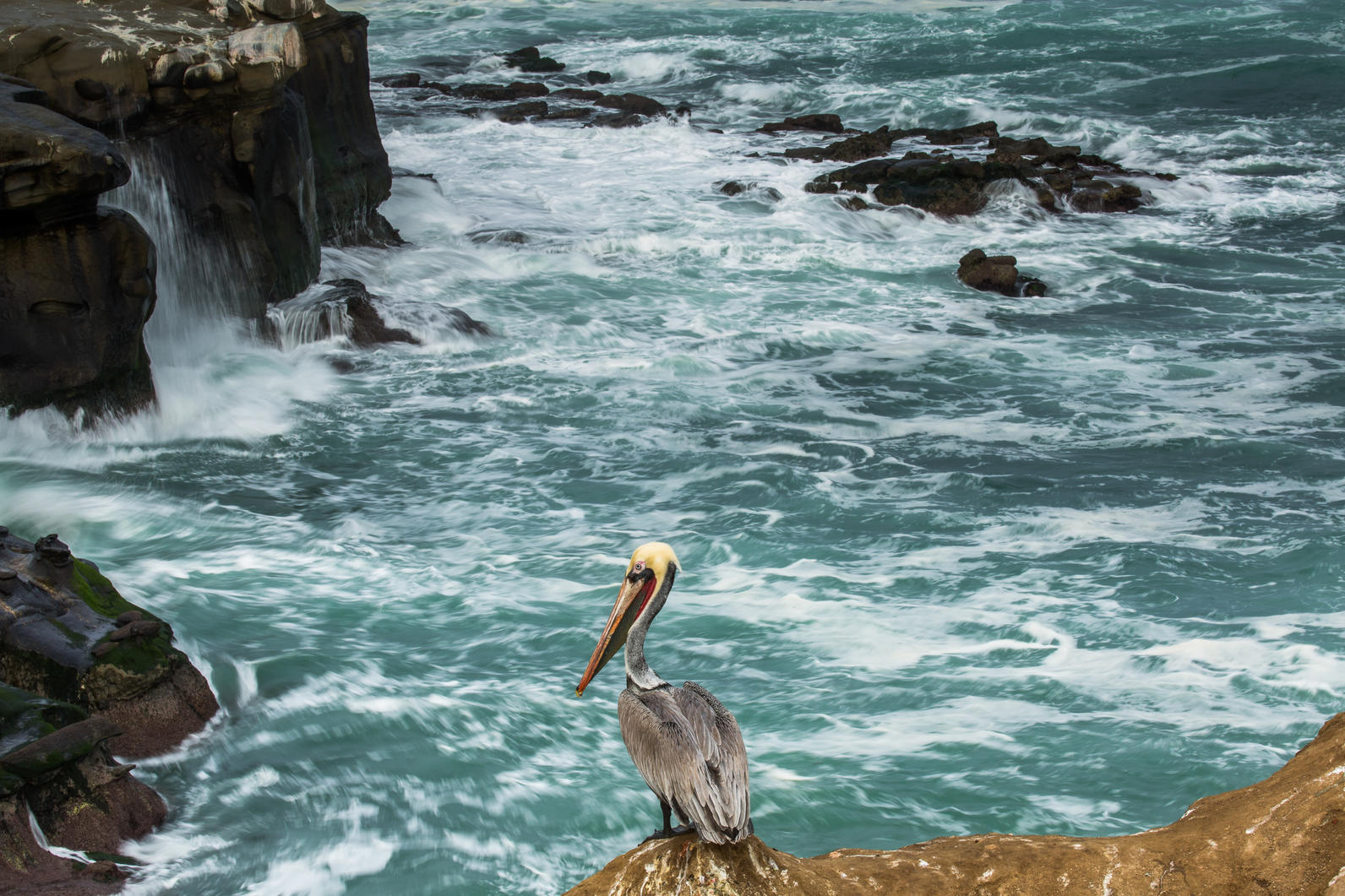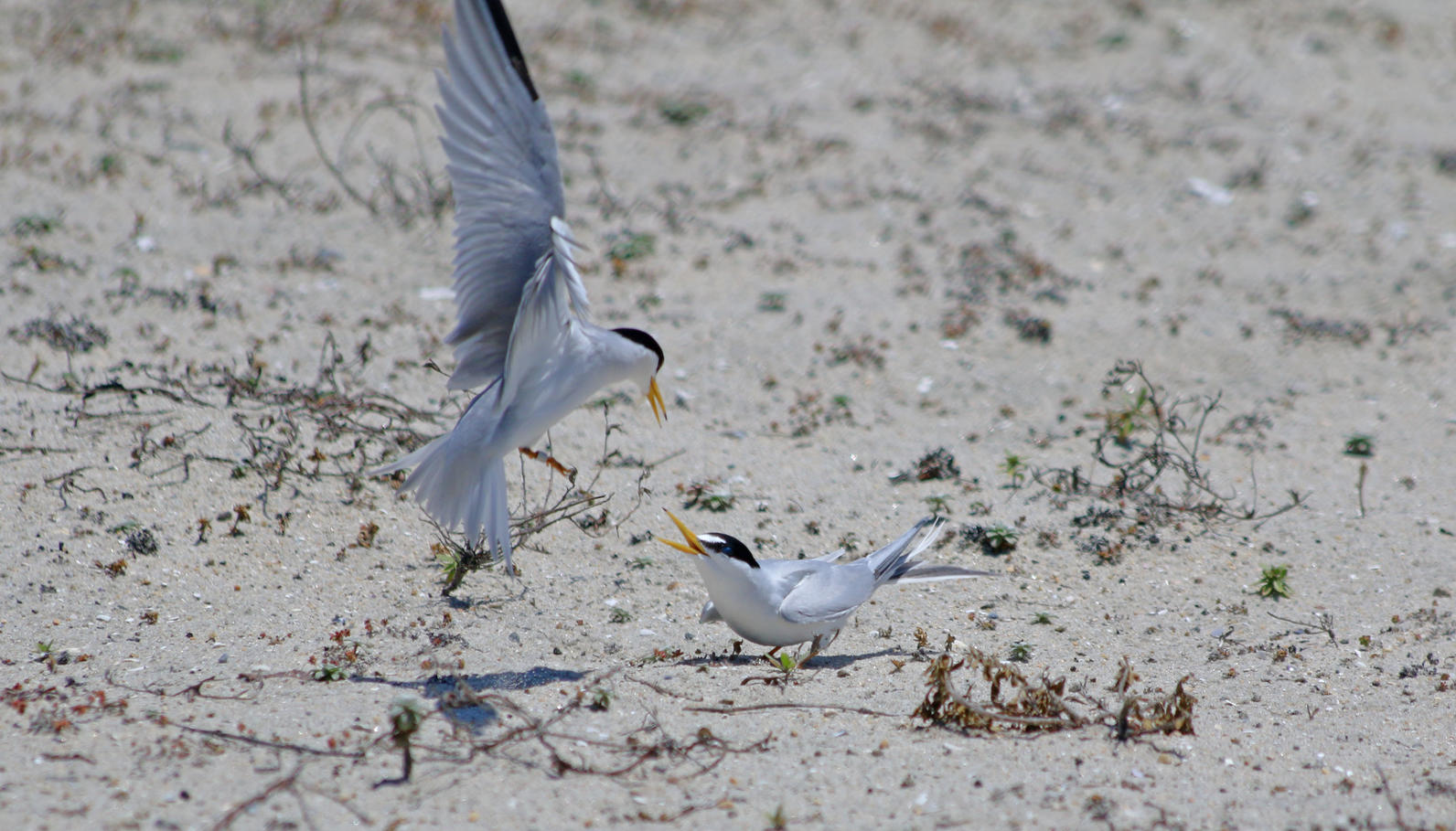Latest News and Updates from Audubon in California
California Condor. Photo: Scott Frier/USFWS
David Ringer, Chief Network Officer at the National Audubon Society, talks about the history of the Migratory Bird Treaty Act, signed into law 100 years ago and why it is important today in this great video.
What birds are using rice fields over the summer? Meghan Hertel, our Director of Land and Water Conservation shares a bit about one of her favorites, the Black tern, in this video from the California Rice Commission.
Richardson Bay Audubon Center and Sanctuary is celebrating 60 years of conservation, community engagement and habitat restoration. Check out this video to hear about it from the people who work, learn, research and play there.

Today, the U.S. House of Representatives passed H.R. 200, which would undermine science-based management and reverse progress of fisheries under the Magnuson-Stevens Fisheries Conservation & Management Act, a decades old law that has helped over-fished areas recover. The bill now goes to the Senate for consideration. Read Audubon's full statement here.
H.R. 200 is bad news for marine birds in California. Iconic coastal birds such as the Brown Pelican, California Least Tern (a federally endangered species), Black-footed Albatross, Sooty Shearwater, and Tufted Puffin rely on a variety of forage fish such as northern anchovy, sardine,and juvenile rockfish.
Audubon urges the Senate to reject this bill that would have a lasting impact on seabirds.

“I love listening to them call when they return in the spring,” says Kate Grabenstein, a volunteer with Sea & Sage Audubon Society’s least tern project.
The Pew Charitable Trust recently caught up with Kate to learn more about the terns, and about how improving anchovy protection can benefit the birds. Check out full article here.
Our newsletter is fun way to get our latest stories and important conservation updates from across the state.
Help secure the future for birds at risk from climate change, habitat loss and other threats. Your support will power our science, education, advocacy and on-the-ground conservation efforts.
Join the thousands of Californians that support the proposed Chuckwalla National Monument.